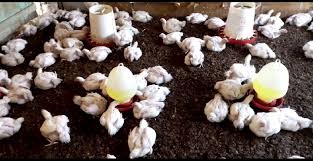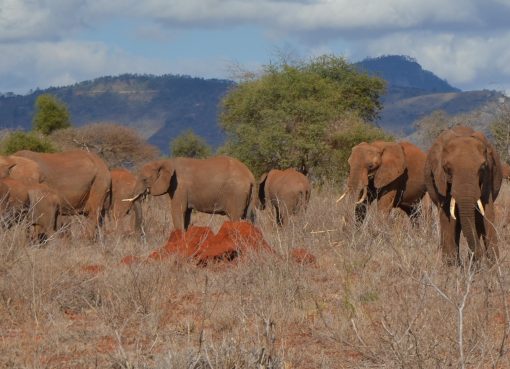The poultry industry faces a severe threat due to the increase of the Value Added Tax (VAT) on feeds that currently stands at 14 percent and will increase to 16 percent next year, raising fears that the thriving industry which has been the livelihood for small scale farmers might be jeopardised.
The Chairman of the Association of Kenya Feed Manufacturers (AKEFEMA) Dr. Humphrey Mbugua said the VAT Act of 2013 would translate to about an 11 percent increase of the feed pricing and that was likely to make eggs and poultry meat unaffordable for a number of people.
He said the rise of VAT on feeds would affect consumers more since eggs and meat were exempted from VAT and therefore producers cannot offset the input in VAT and the small producers who keep 300 to 500 birds might not make any profit.
In addition, he said the feeds represents 60-70 percent of the total production cost for the commercial poultry and dairy industry, hence any slight increase in the major component impacts negatively on the farmers.
While speaking to KNA yesterday, Dr. Mbugua noted that the most sustainable sources of animal protein for the country were poultry and fish because of their ability to convert feed into meat efficiently and their potential to be grown under small scale units. That means, they have the capacity of rescuing the poor from abject poverty.
Dr. Mbugua said ruminant animals required large tracts of lands and were poor converters of feed hence their meat would continue to be become comparatively more expensive and increasingly unavailable. Therefore, he stated that the future lies in poultry, fish, to some extent rabbits, to provide proteins for the country.
He urged the policymakers to reconsider the increased VAT since the industry has consistently grown at 9 percent per annum and it provides a livelihood to thousands of rural farmers, in addition to the hotel industry, especially the small restaurants, whose major menu is chicken and chips.
The chairman noted with concern that the VAT increase on feeds was made worse by the high cost of fuel, charcoal and electricity, which is used for maintaining warmth and the required temperatures in coops.
He reminded the government that currently, there were 10 million commercial egg layers producing 2.1 billion eggs annually, and the workers in that industry were likely to lose jobs due to scaled-down production while others have left the poultry industry due to frustrations.
By Veronica Bosibori





